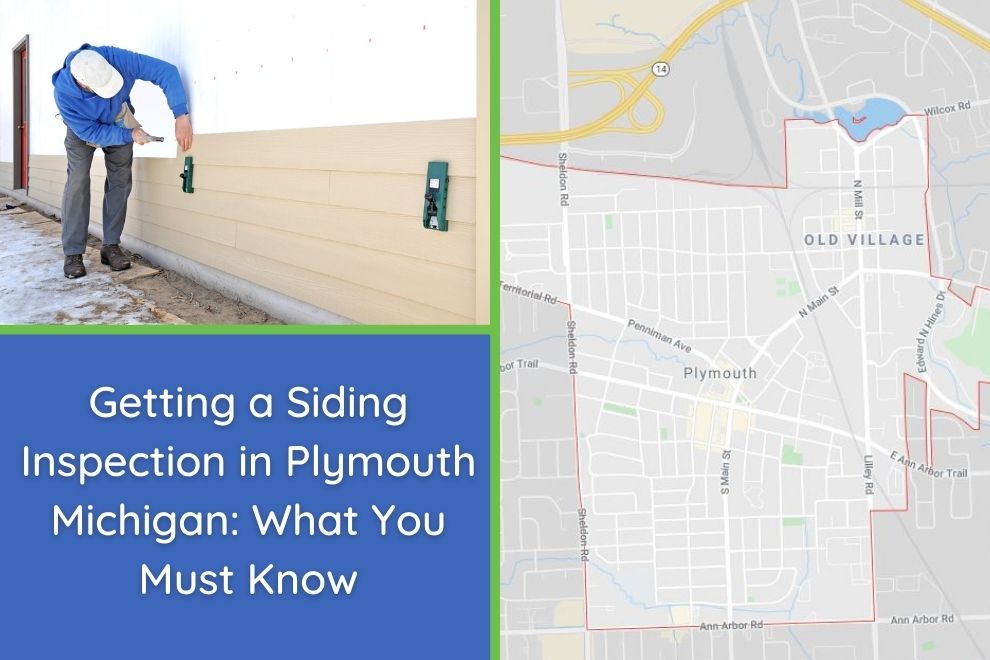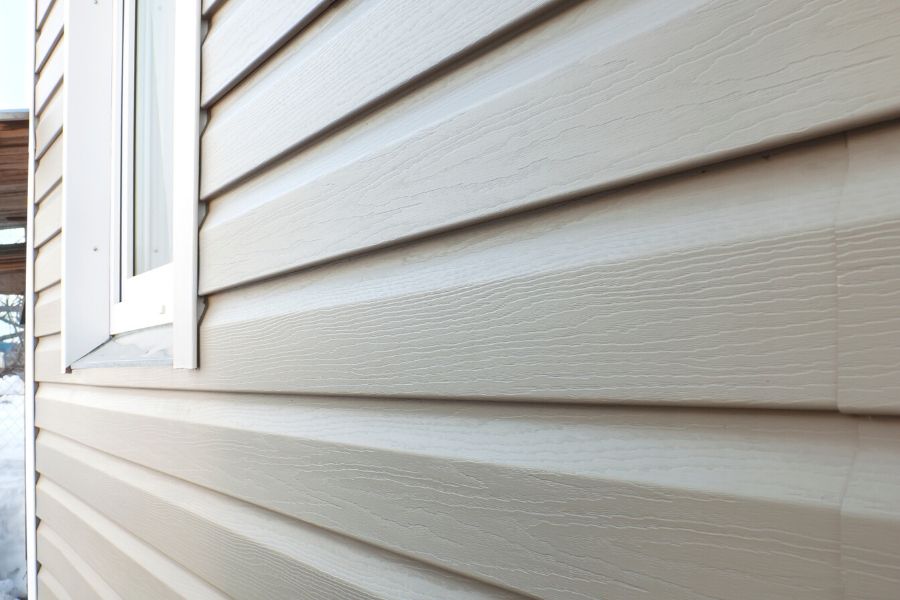Getting a Siding Inspection in Plymouth Michigan: What You Must Know
When you perform inspections on your home regularly, this ensures that you are keeping it in the best condition possible. Did you know that it is possible to do the same with your siding? Most homeowners overlook their siding because they are so focused on the roof, but the siding can be just as important. It is another integral part of your home that keeps you protected from the outside elements. Plus, it makes your home look beautiful and can increase the market value depending on the condition it is in. If you haven’t had a siding inspection in Plymouth Michigan on your home lately, be sure to read this post.
Getting a Siding Inspection in Plymouth Michigan: What You Must Know
As you are looking over your siding, do not put any pressure on yourself to make repairs if you notice damage—this is a job that can be left to the professionals. However, having a keen eye will prepare you for any necessary work that must be performed by a local contractor. Being observant and knowing how to spot damage early on is how you will help to protect the integrity of your home.

Different types of siding requires different approaches when it comes to siding inspections. For instance, you don’t need to paint vinyl siding so many aspects of wood siding will be different than vinyl siding. Here are some tips to help with the different types of siding that may be installed on your home:
Wood Siding
When you have wood siding, it is typically going to be coated in a paint or stain that will prevent it from rotting. The first thing that you should look for as you inspect is any cracking, peeling, or bubbling. This will serve as an indication that your protective coating is not doing its job. You might have to simply apply another coat of paint to re-seal the wood.
Another problem you might encounter is your wood feeling spongy. This likely means that moisture has already gotten between the paint and the siding and should be replaced—it’s a sign of rot. This is one of the jobs that you should leave up to your contractor.
Vinyl Siding
Vinyl siding is very sturdy as far as types of siding goes. Still, you must pay attention to any cracking that starts to form along the surface. Vinyl siding is typically made with an aluminum core and if you can start to see this, it is a bad sign. The aluminum has the ability to easily get corroded by moisture.

On another level, you should also be looking for any dents in your siding. This type of damage seems minor, but dents can lead to larger problems that will eventually expose the core of your vinyl siding. Your siding can also warp due to weather—sunlight tends to have this effect on vinyl siding.
Fiber Cement Siding
This type of siding is a mixture of cement, wood fibers, and silica from sand. It is known for being resistant to the most harmful problems, such as warping and rotting. Still, it is not invincible. This siding is still susceptible to impact damage. This means that anything with force can apply dents and cracks to the siding if you are not careful.
If you have this type of siding, you want to look for any obvious dents but also chipped paint. In the areas that you see chipping, you might want to get this looked at by the manufacturer. A lot of them offer warranties that cover this and will fix it for free.
These are some of the basics that you should be aware of as a homeowner. Now that you have this knowledge about some of the most popular types of home siding, you can inspect your own to ensure that your home is in great shape!
How Long Has it Been Since Your Last Siding Inspection?
If it’s been more than a year since the last time you got your home’s siding inspected it’s likely time for a qualified siding contractor to take a look. Be sure to call the siding pros at Home Pros Plymouth today at (734) 548-9911 for a siding inspection. They can also provide free quotes for any repairs or replacement that may be needed.


